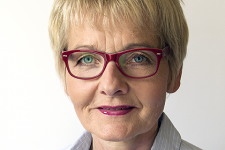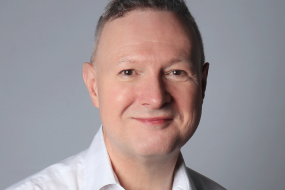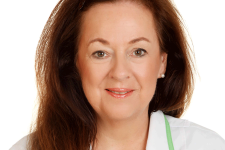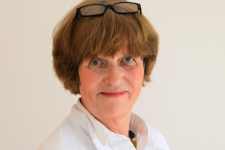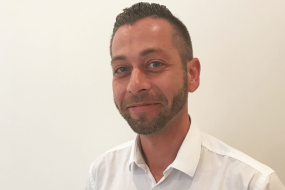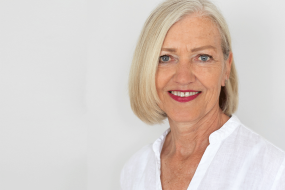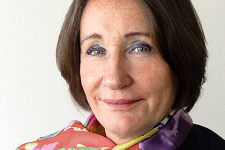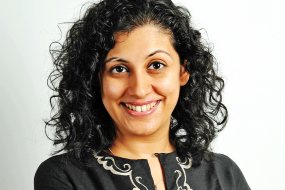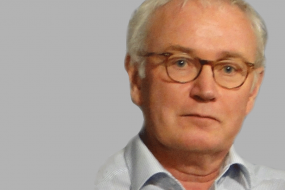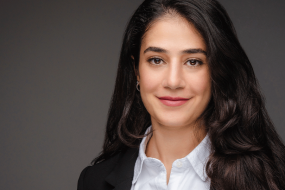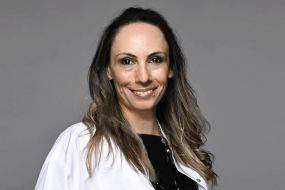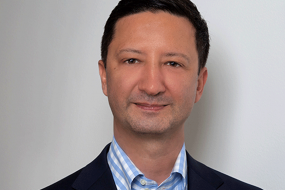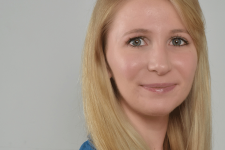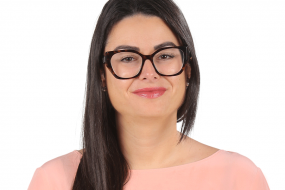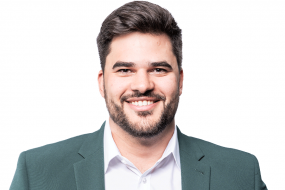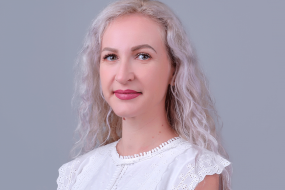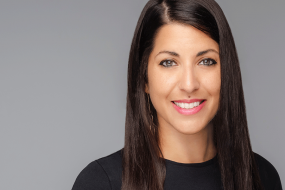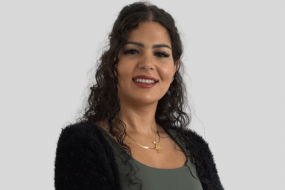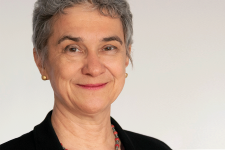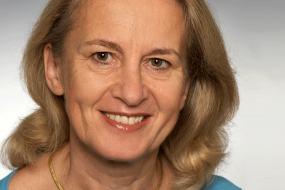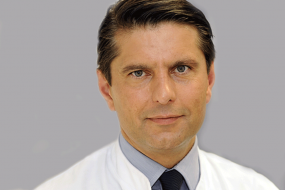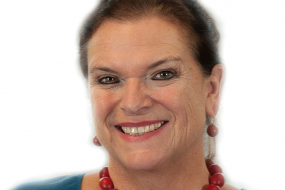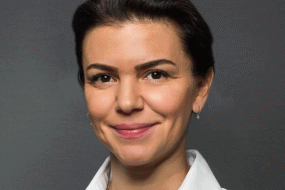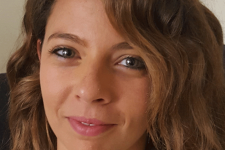Bell’s Palsy Causes, Treatment, Symptoms, Recovery & More

Bell’s Palsy Causes, Treatment, Symptoms, Recovery & More
Bell’s palsy is an acute paralysis or weakness of the muscles of one side of the face. It is a relatively common peripheral nerve disorder and can affect people of all ages, but is most common between 15-45 years.
Many celebrities like Angelina Jolie, Anupam Kher, George Clooney, Pierce Brosnan suffered from Bell’s Palsy.
Under the right treatment most patients have good recovery, although some are left with residual weakness
Signs & Symptoms
Bell’s Palsy causes an acute paralysis of all facial muscles supplied by the seventh cranial nerve (facial nerve). It is always unilateral (one side) and involves upper and lower muscles of the face. At onset people may experiencing mild facial numbness as well. Other symptoms may include:
1) Keratitis (infection of the eye) caused by the failure to close the eye
2) Loss of taste: The tip of the tongue is also innervated by the facial nerve.
3) Sensitivity to loud noises (hyperacusis): The facial nerve innervates the stapedius muscle as well.
Causes
Bell’s palsy is, by definition, idiopathic, meaning without a specific cause. However, it seems to be associated with certain viral infections. Herpes virus (HSV-1) could be found in 80% of patients. Other viral infections include herpes zoster virus, mumps virus, rubella virus and HIV. Lyme disease has to be taken in consideration as well.
Risk Factors
1) Family history (10%)
2) Previous episode (8%)
3) Pregnancy (three-fold risk increase)
4) Diabetes (four-fold risk increase)
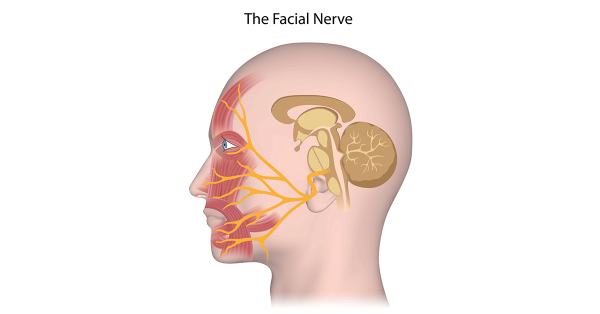
Diagnosis
For an experienced neurologist, Bell’s Palsy is mainly a clinical diagnosis. If a virus infection is suspected, blood tests may be considered. If a central paralysis cannot be excluded, a MRI might be considered. To verify the diagnosis and to predict the outcome usually a NCV (nerve conducting velocity) is performed.
Differential diagnosis
Important part of the diagnostic process is to exclude other serious underlying conditions leading to similar symptoms. Differentiating between central and peripheral paralysis is the first step. Stroke and multiple sclerosis as causes for central paralysis have to be exclude.
Treatment
Usually the treatment of Bell’s Palsy is very effective and people have a good outcome. However, symptoms can worsen during the first days of treatment. Patients should be aware of this. The outcome of the treatment is better if the treatment is started early. Therapy may include the following:
1) Injections or oral medications are improving the outcome and prognosis
2) Eye protection (a patch and eye drops preventing the eye from getting dry and developing keratitis)
3) Exercises of the affected muscles may improve the progress
4) Surgical decompression is generally not recommended
Prognosis
Usually the outcome of Bell’s Palsy is good and most people recover within a few weeks. However, in 8% of the cases the paralysis is recurring.
• Good prognosis: partial paralysis
• Poor prognosis: Complete paralysis, loss of sense of taste after, pathology in the NCV test (nerve conducting velocity)
Complications
Most common complication of Bells Palsy are reinnervation problems. If the nerve is recovering and growing, it may by accident connect to other nerves resulting in malfunctions. This may include:
• Crocodile tears (crying while eating)
• Gustatory sweating (sweating while eating)
• Connection to chewing muscles (face twitching while eating)
Our Team Of Experts
Since more than ten years GNC is the leading clinic for Neurology in the UAE. All our Bell’s palsy experts are German Board Certified and have minimum professional experience of 25 years. If you are searching for the most trusted Bell’s palsy experts, you came to the right place.
We can also help you with the best psychologist, psychiatrist and psychotherapist available in Dubai, UAE.
99% of patients would recommend this clinic. See the full patient satisfaction survey here…
Testimonials
``The doctor is the best and everyone's very helpful``
``Excellent doctor``
``I am thankful for the service.``
``Being able to have blood tests and EEG done at the clinic itself was very helpful and convenient. This also allowed my doctor to have fast access to the test results.``
``I'm impressed by the Professor and team professionalism``
``God bless you guys wish you more of success``
``Great service``
``It was a great visit thanks! It really helped me.``
As Seen On






